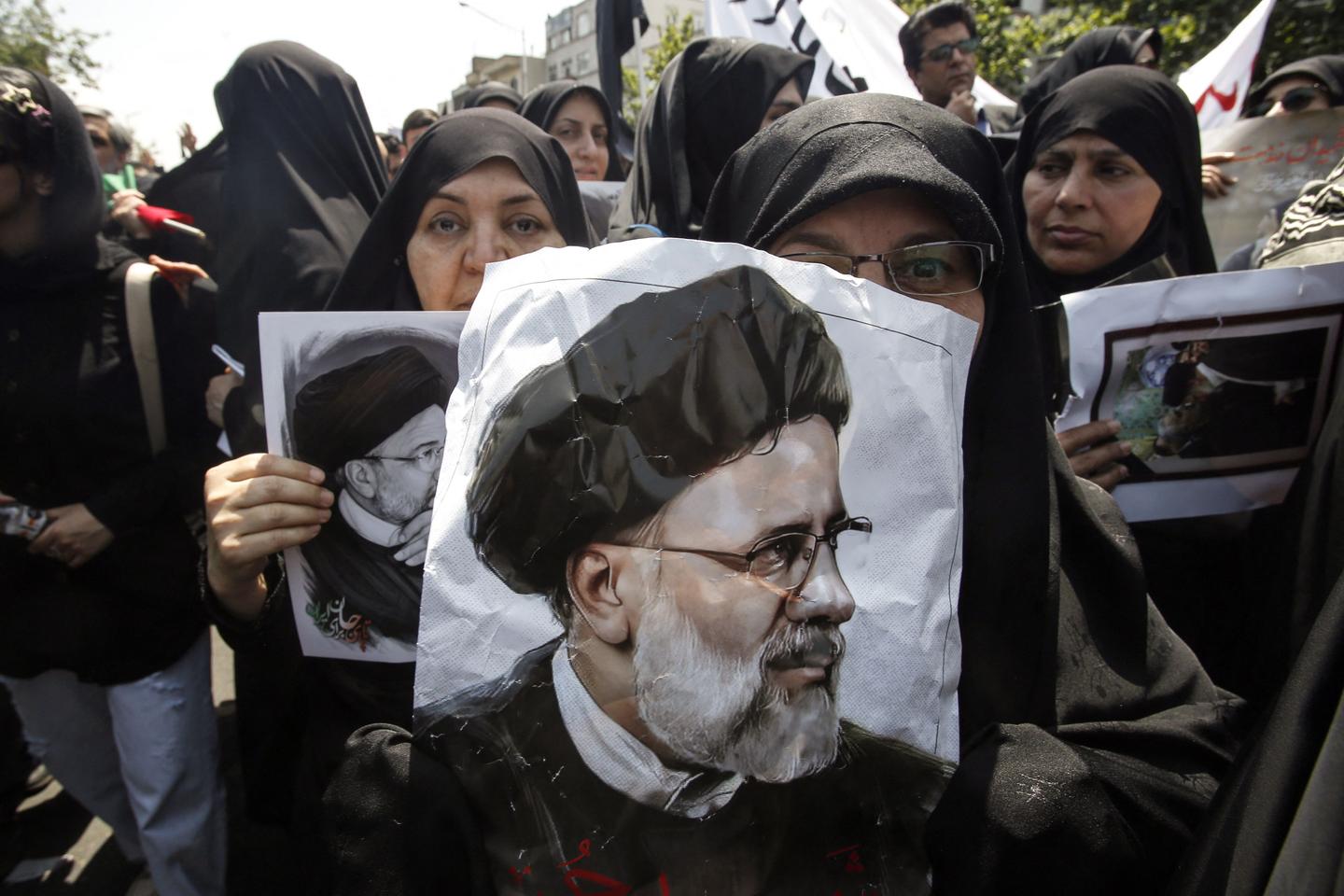


Sayyid Ebrahim Raisi, who died in a helicopter crash on May 19, was president of Iran for two years and nine months. It wasn't much time to leave a mark on foreign policy. Besides, in this case, the regime sets its principal direction at the level of the Supreme Leader. In addition, the closeness between the two men had been promising an ultraconservative shift since the summer of 2021. Ultimately, the prospect of Raisi becoming Supreme Leader himself had guaranteed a policy very much in line with instructions. The speed with which Supreme Leader Ali Khamenei restated the principle of continuity in national administration, on Monday May 20, illustrated that while Raisi's death was politically significant, it meant more on a domestic level than internationally.
The fact remains that Iran's government has been raising an acute strategic foreign policy question for several months. It was under President Raisi that Hamas carried out a historically unprecedented massacre in Israel on October 7, 2023. It was indeed under this presidency that Iran launched an unprecedented military attack against Israeli territory, on April 13. These are two illustrations of the reality of an Iranian foreign and security policy that's about assertiveness, ambition and aggression. It would be a mistake to see them simply as a sign of a feverish domestic power struggle.
By summer 2021, President Raisi was expected to be active on both the economic and diplomatic fronts: an economy undermined by US sanctions, an international nuclear deal in tatters, and the need to respond to the risk of regional strategic isolation. While efforts to develop a resistance economy and a specific form of economic diplomacy produced few convincing results, defense and security policy did, on the other hand, entrench the following realities.
A lasting pivot in cooperation
The American withdrawal from the nuclear deal in May 2018 sealed the government's mistrust of both the US and Europe. Since then, Ayatollah Khamenei has regularly warned that "trusting the West doesn't work." The arrival of Raisi confirmed the lasting pivot in cooperation towards the eastern hemisphere (a strategy known as "looking east," implemented since the administration of former president Mahmoud Ahmadinejad). The strategic partnership with China, arms shipments with Russia and integration into the Shanghai Cooperation Organization in July 2023 have given substance to this pivot. It has not precluded timely steps such as the bilateral de-escalation agreement with the US in summer 2023, in the absence of a resumption of serious nuclear negotiations.
You have 53.85% of this article left to read. The rest is for subscribers only.
